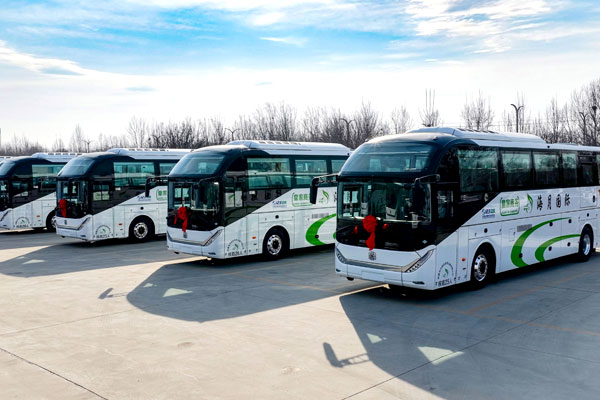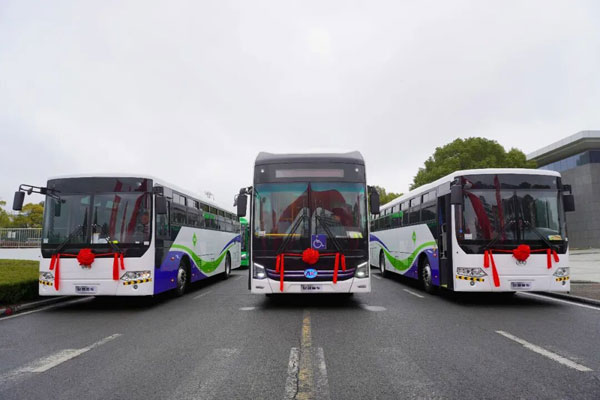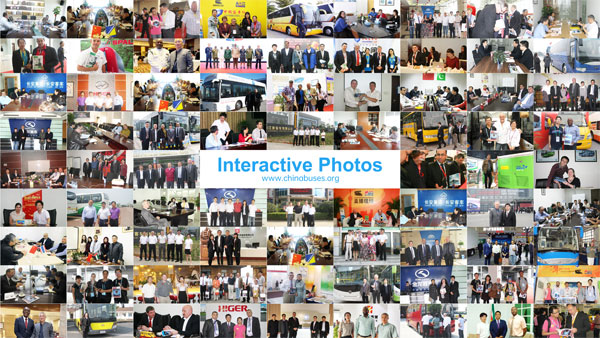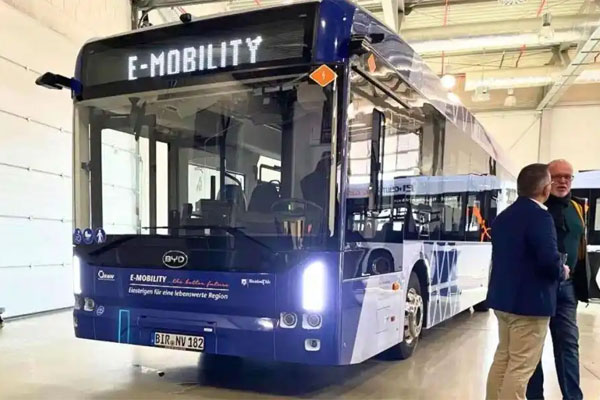Against the backdrop of continuously rising global demand for new energy vehicles and accelerated iterations in drive technologies, ZF is stepping up its efforts. On May 14, 2025, this leading global automotive supplier made a significant announcement that it will launch a new generation of range extender systems, with plans to commence mass production in 2026. This move aims to accommodate flexible drive concepts and precisely respond to dynamic market demands.
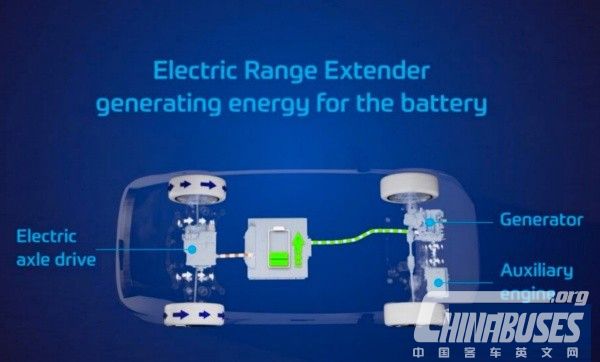
ZF's range extender system, enabling consumers to fully enjoy the advantages of electric mobility while retaining the flexibility of plug-in hybrid or fuel-powered vehicles]
Currently, many potential electric vehicle (EV) consumers are plagued by "range anxiety" when driving in pure electric mode. In such scenarios, range extender technology offers a viable solution by connecting an internal combustion engine (ICE) with an electric motor to supply energy to the vehicle's battery.
The worry of many EV drivers is running out of battery charge with no charging station in sight. Dr. Otmar Scharrer, Senior Vice President of Research and Development at ZF's E-Mobility Division, explained, "Although the average pure electric range of passenger vehicles can reach 500 kilometers, range anxiety still deters a significant number of people from choosing electric vehicles as their next car." This situation is particularly pronounced in regions where charging infrastructure is not yet widespread. ZF has developed its new-generation range extender system in response to these challenges. He stated, "The range extender system can serve as an alternative to larger, more expensive batteries or plug-in hybrid systems."
In a range extender system, the ICE and electric motor work in tandem. Once the battery charge drops below a certain level, the electric motor starts generating electricity for the battery. As the name suggests, this technology increases the driving range of electric vehicles. Compared to plug-in hybrid electric vehicles (PHEVs) and traditional fuel-powered vehicles, the range extender system operates consistently under the most fuel-efficient conditions, resulting in lower fuel consumption and reduced CO₂ emissions.
ZF's Range Extender Technology: Rooted in Technical Expertise, Driven by Continuous Innovation
In recent years, ZF has already mass-produced range extender technology. For instance, ZF's electric motors have been integrated into London taxis. Currently, ZF is fully engaged in developing its next-generation products, namely the Range Extender (eRE) and Range Extender Drive (eRE+) systems.
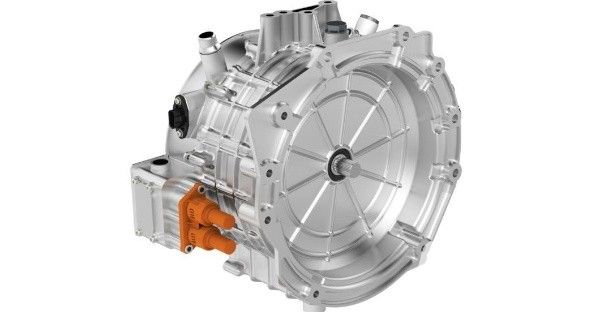
ZF's Range Extender System
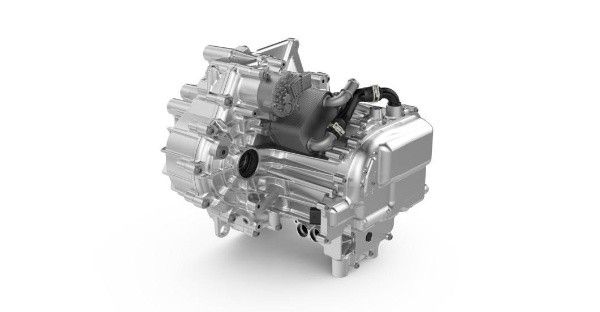
ZF's Range Extender Drive System
Both products feature a highly integrated design, offering significant flexibility in terms of performance, electronic and electrical architectures, 400-volt or 800-volt voltage systems, and semiconductor type selection. The eRE integrates the electric motor with an integrated inverter, adapted software, and a planetary gear set. The eRE+ goes a step further by incorporating an intelligent clutch and differential. This enables the system to function both as a power generator and an additional secondary drive system, thereby saving automakers the cost of developing separate components. Both products offer adjustable performance, with the eRE providing an output power range of 70-110 kilowatts and the eRE+ offering 70-150 kilowatts. Dr. Scharrer remarked, "The increasing market attention and demand for range extender technology indicate its significant potential, especially for vehicle platforms designed around pure electric drive. Our solutions are underpinned by a comprehensive system and platform philosophy, enabling us to fully meet the diverse needs of customers and the market within shorter development cycles."
Range Extender Technology Offers Multiple Advantages for Automakers and Consumers
Compared to parallel hybrid solutions (such as plug-in hybrids), range extender systems offer lower costs, shorter development cycles, reduced platform development investments, and simpler supply chain management. This technology holds particular appeal for new entrants to the automotive market who lack extensive experience in traditional fuel vehicle transmission systems. Currently, the Chinese market is vigorously promoting "Range-Extended Electric Vehicles" (REEVs), which can achieve a range exceeding 700 kilometers with this technology. Dr. Scharrer explained, "China has numerous pure electric platforms that can be complemented by range extender systems, which is a significant advantage." This is also a key reason why ZF's China team is responsible for relevant research and development work.
Interest in range extender systems is also growing among automakers in the United States and Europe. Dr. Scharrer stated, "The development of the pure electric vehicle market has fallen short of expectations. During this current transition phase, range extender systems represent an ideal solution." Electric vehicles equipped with range extender systems allow consumers to enjoy the benefits of electric mobility without being constrained by range limitations like pure electric vehicles, while also retaining the flexibility of plug-in hybrid or traditional fuel-powered vehicles. Range extender systems also offer advantages to traditional automakers, enabling vehicles to be equipped with smaller, more cost-effective batteries and helping fleet emissions meet regulatory limits.
Source : www.chinabuses.org
Editor : Olivia
Views:6675
 ZF's range extender system, enabling consumers to fully enjoy the advantages of electric mobility while retaining the flexibility of plug-in hybrid or fuel-powered vehicles]
ZF's range extender system, enabling consumers to fully enjoy the advantages of electric mobility while retaining the flexibility of plug-in hybrid or fuel-powered vehicles] ZF's Range Extender System
ZF's Range Extender System ZF's Range Extender Drive System
ZF's Range Extender Drive System


